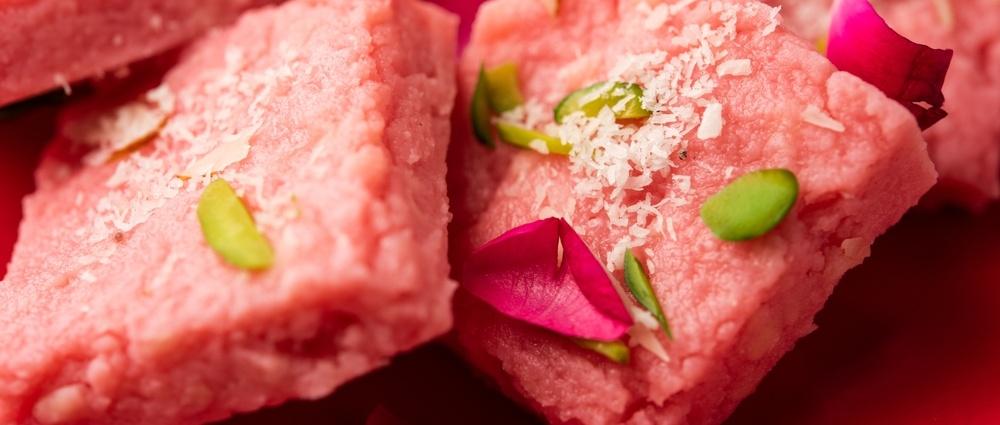
Have a healthy Diwali - food swaps and recipes
Peer reviewed by Dr Colin Tidy, MRCGPLast updated by Lynn StephenLast updated 7 Oct 2025
Meets Patient’s editorial guidelines
- DownloadDownload
- Share
- Language
- Discussion
It's autumn and almost that time of year again for Diwali, a festival filled with celebrations, time with loved ones, and of course lots of indulgent foods and sweet treats. If you have diabetes, poor heart health, or are managing your weight, it can be hard to restrict the delicious Diwali foods you enjoy.
With help from two dietitians, we share planning tips, food swaps, and recipes so that you can celebrate a more healthy Diwali - without missing out on your festive favourites.
In this article:
Continue reading below
Make this Diwali a healthy one
For five days from October 31 the festival of lights will be celebrated all around the world. Alongside the beautiful lamp-lit homes bringing light over darkness and lovingly exchanged gifts, Diwali food will be a huge part of the fun - and you shouldn't have to miss out if you're managing a health condition through your diet, or just want to stay healthy.
According to dietitian Barbara Kovalenko, a nutritionist consultant for fasting app Lasta, it's fine to allow yourself some of your favourite traditional Diwali food, so long as you don't over-indulge for a long period and try to make some healthier food choices. Fellow dietitian nutritionist Yelena Wheeler agrees that balance is key.
Both dietitians share their tips for a healthy Diwali.
Create your plan
This starts with planning ahead to help you stay in control but still enjoy celebrating Diwali - but be realistic and kind to yourself during the festival of lights fun. Begin by setting yourself a realistic target, such as keeping your weight stable or not gaining more than 2 pounds - just under 1 kilo - over the five days.
The next step could involve meal planning, so you can swap out some fatty or sugary ingredients for healthier ones - which we'll look into below.
Kovalenko says it's also about planning how you eat, not just what you eat.
"Use smaller plates to help control your portion sizes naturally," she suggests. "You should also try to eat slowly and mindfully as this helps you notice and stop once you feel full."
Continue reading below
Savoury dishes
To look after your health, you should limit the fat, salt, and sugar in your meals. This can be hard at Diwali, which is usually celebrated with high-fat fried foods, such as pakoras and nippattu, and lots of salty sauces.
Heart-healthy savoury options
Along with the naughty ingredients, there are also many traditional heart-healthy ones.
Wheeler says: "Look for foods that are high in fibre, such as lentils and wholegrains, since high-fibre foods can assist with lowering cholesterol."
This could include wholemeal chapatis, chickpea curries, and daal tarka.
Kovalenko adds that including colourful vegetables provides antioxidants that can reduce high cholesterol and blood pressure. If you're eating meat - choose lean protein sources such as grilled chicken or fish instead of fried which will reduce your fat intake.
Savoury options for diabetics
The same rules apply if you're managing type 2 diabetes. Wholegrains, vegetables, fruit, lentils and chickpeas can all help keep your blood sugar levels stable. In addition, watching your portion size is extra important for avoiding blood sugar spikes during the celebrations.
"And when you're faced with options, choose foods that are lower in carbohydrates yet will still provide good nutrition through protein and fibre," adds Wheeler.
Examples might include tofu, chicken, or fish tikka.
Savvy savoury swaps:
Cook using pure vegetable, sunflower, or olive oil instead of ghee, butter or coconut oil - which are high in saturated fat, the 'bad' fat that raises cholesterol.
Add flavour with traditional spices and herbs instead of salt - cardamon, cinnamon, saffron, and turmeric are all healthy examples.
Replace white rice and breads with wholegrain rice and breads - to keep your cholesterol down.
Use tofu instead of paneer - for a more heart-healthy protein in curry dishes with less saturated fat.
Bake treats that are usually deep fried - to significantly reduce fat content.
Sweets and desserts
No festival celebrates sweet treats quite like Diwali. You don't need to miss out, but it's a good idea to make at least some of these treats yourself to share with friends and family. That way, you can control what goes in them and make some simple swaps that are significantly better for you.
Heart-healthy Diwali sweets
Sweets (mithai) including gulab jamun, ladoos, and halwa tend to contain a lot of saturated fats and added refined sugars. Many are made with ghee, a clarified butter that can raise the bad cholesterol associated with cardiovascular disease.
Try to limit how many sweets you have, or if you are making sweets, replace saturated fats such as ghee and butter with unsaturated fats - for example, olive oil, vegetable oil, or sunflower oil. Even better, a dessert based around nuts and dried fruit can satisfy your sweet tooth while giving you vitamins, fibre, protein, and other micronutrients that can reduce your chance of heart disease.
Diwali sweets for diabetics
As well as the heart-healthy advice above, Wheeler says that if you have type 2 diabetes you should eat simple carbs - such as sweets - alongside protein, good fats, including Greek yoghurt and fibre because, digesting protein and fibre at the same time can prevent your blood sugar levels from spiking.
Kovalenko adds: "Put fresh fruits into desserts, such as berries or papaya - these provide natural sweetness with fibre, and this helps better blood sugar control."
If you're eating more sweets than usual, monitor your blood sugar levels at regular intervals and watch out for the signs they have risen - including unexplained thirst, tiredness, and the need to pee more often.
Smart sweet swaps:
Add sweetness with fresh fruit, dates, and other dried fruits - instead of refined sugars such as white sugar, brown sugar, palm sugar, and high-fructose corn syrup.
If you need another type of sweetener, Diabetes UK recommends using a granulated sweetener which won't cause your blood sugar to rise as much. However, we know that sweeteners aren't as healthy as we once thought, so if you can, it is best to avoid them and replace with fruits.
Swap whole milk for semi-skimmed or low-fat milk - to reduce the calories and saturated fat content.
Bake with whole wheat flour in place of refined flour - for higher fibre content that helps control blood sugar.
As with savoury dishes, using pure vegetable, olive, or sunflower oil instead of ghee, butter, or coconut oil - which are high in saturated fat. Only use a small amount of these oils.
Continue reading below
Diwali drinks
Whether you're protecting your heart, living with diabetes or both, drinking advice remains the same - limit or abstain from high-calorie and sugary drinks. This is true all year round, but it's especially important if you're eating more over Diwali, where foods are extra indulgent and packed with lots of salt, sugar, and saturated fats.
You should try and limit:
Coffee and tea - as the caffeine content can increase blood pressure, which increases your chances of serious heart issues, such as heart attack and stroke, as well as diabetes complications, for example - severe kidney, feet, and eye issues.
Fizzy drinks and fruit juices - as these contain added sugars.
Drink lots of water. This can also help you to control your eating, as sipping water throughout the day - and especially before snacks - can increase that feeling of fullness.
A note on alcohol
Drinking alcohol over Diwali is a personal choice for many reasons, but no matter your decision, factor in the health effects of drinking. According to Wheeler, it's best to not drink alcohol over Diwali, or to drink a small amount.
Here's why:
Most alcoholic drinks - such as beer, wine and cocktails - can contribute to weight-related heart problems because they add a significant number of calories in your diet.
If you have diabetes, be particularly mindful of cocktails and juice-based mixers for the high sugar content.
Alcohol is an appetite stimulant and can lead to over-eating, which can be particularly dangerous around moreish Diwali fried and salty snacks.
Drinking too much alcohol on an empty stomach can cause blood sugar levels to drop dangerously low in people with diabetes.
Other tips for a healthy Diwali
Make exercise part of the festivities
This can help you avoid weight gain and will also help to manage your blood sugar levels if you have diabetes. To make this part of your Diwali celebrations, choose activities that involve family and friends - perhaps a long walk in your favourite nature spot or dancing at a Diwali party.
Check blood sugar levels more often
"If you're managing diabetes and heart issues, monitor your blood sugar levels more than usual to make sure they don't get too high," Kovalenko says.
But if you do have one or two high readings, don't worry too much - according to Diabetes UK, your long-term control should still be okay, but you should try to avoid repeated high readings.
Avoid skipping meals
You may be tempted to make up for all the extra dishes and treats shared with family and friends by skipping meals earlier in the day. In reality, this makes you more likely to eat more unhealthy foods later. Also, if you're managing diabetes, a missed meal can create an imbalance between food intake and insulin production, potentially leading to a drop in blood sugar.
Get support from family and friends
Don't forget you can always ask your loved ones for support. You might ask them not to gift you mithai, suggest alternatives such as fruit baskets and candles, or perhaps make a family event out of cooking one of the healthy Diwali recipes below - anything to make your healthier Diwali easier and enjoyable.
Healthy Diwali recipes
We've chosen a few healthy Diwali recipes to inspire you this November - enjoy over the festive season, but remember to limit ghee, butter, and even natural sugar even more throughout the rest of the year. You can find plenty more ideas on sources such as Diabetes UK recipes and Heart UK recipes.
Savoury Diwali recipes
Chickpea curry
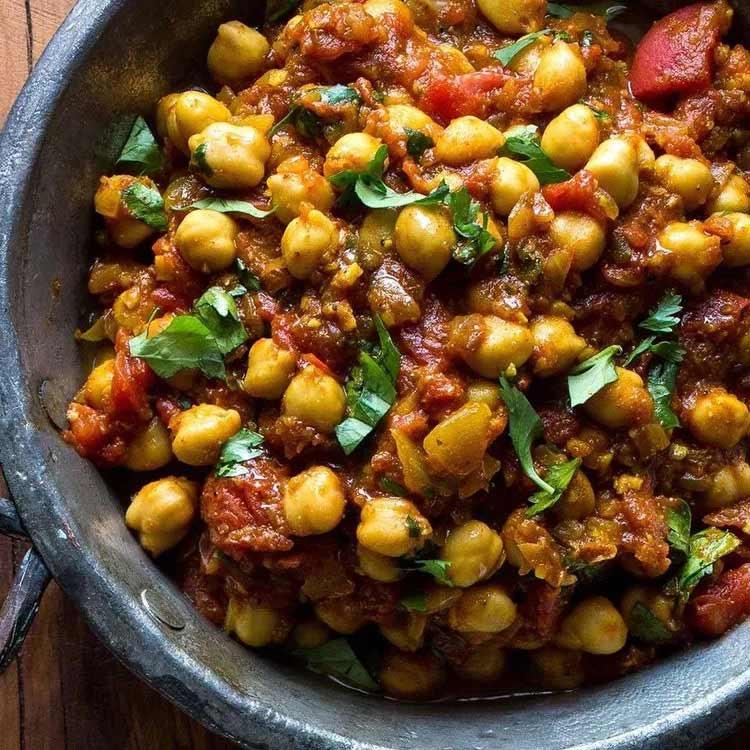
Sweet Diwali recipes
Vermicelli kheer pudding
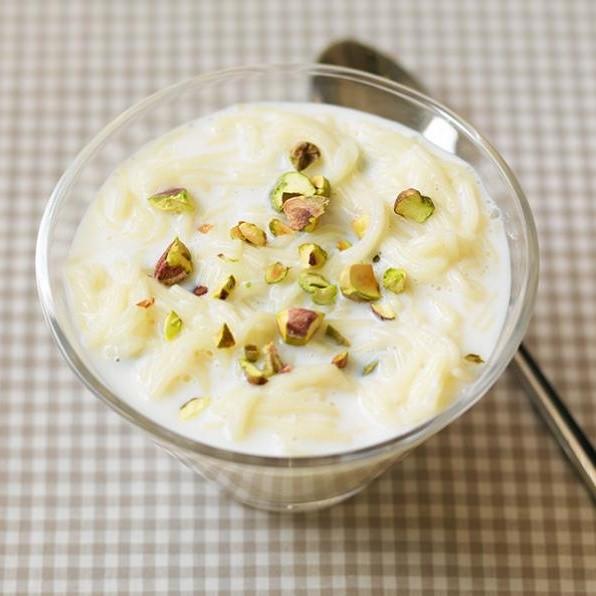
Patient picks for Recipes
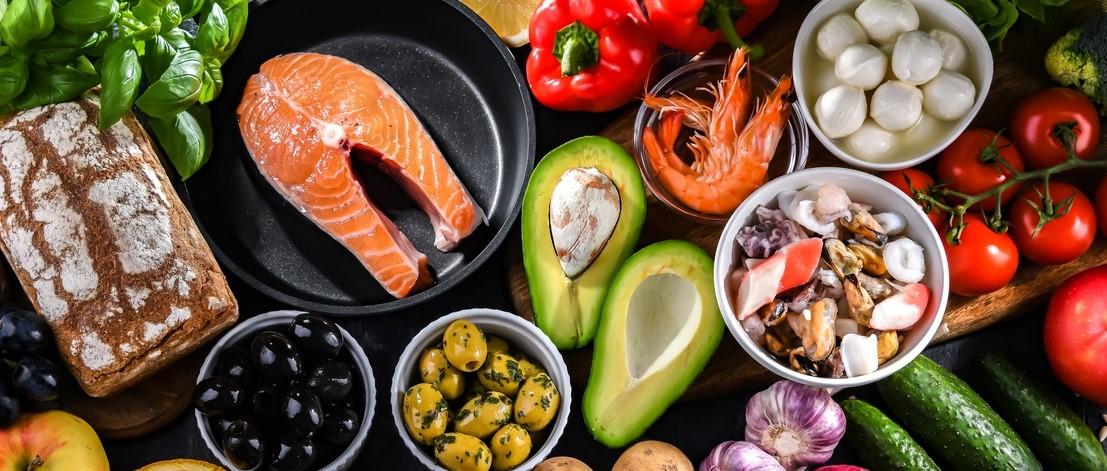
Diet and nutrition
Simple ways to follow a Mediterranean diet
A Mediterranean diet conjures up an image of fresh fish and colourful salads doused in olive oil, washed down with a glass of red wine - all while sitting in the sun of course. While we may not have reliable sunshine in the UK, we can certainly tap into the wide-ranging health benefits offered by the Mediterranean diet.
by Lydia Smith
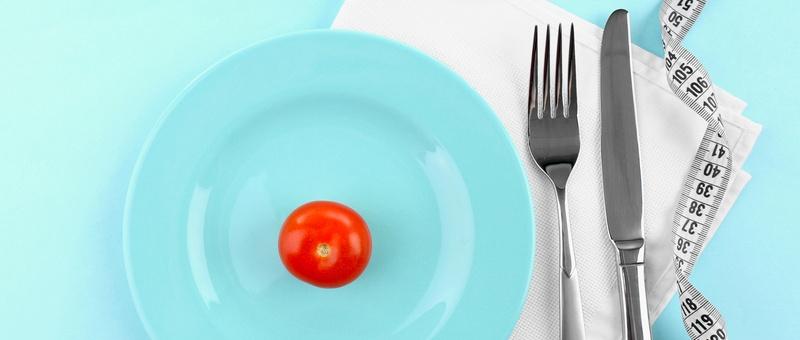
Diet and nutrition
Mindful eating: how to slow down and enjoy your food
If you're anything like me, there are times when you might rush through your meals without considering whether you're eating more than your body needs. Mindful eating is the practice of slowing down and paying attention to your body’s signals - especially when it tells you you’re full.
by Victoria Raw
Continue reading below
Article history
The information on this page is peer reviewed by qualified clinicians.
Next review due: 7 Oct 2028
7 Oct 2025 | Latest version
24 Oct 2023 | Originally published
Authored by:
Amberley Davis

Ask, share, connect.
Browse discussions, ask questions, and share experiences across hundreds of health topics.

Feeling unwell?
Assess your symptoms online for free